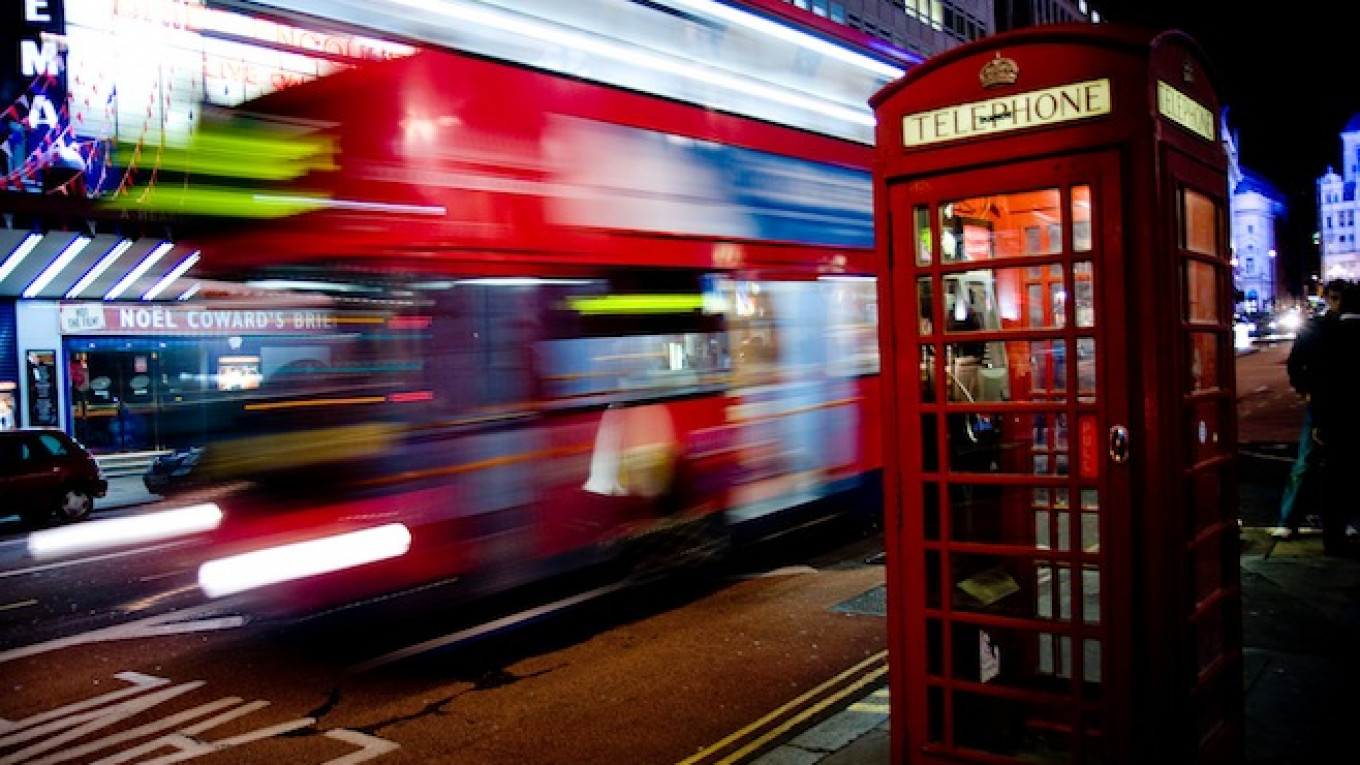In a show of frustration over the ongoing Ukraine conflict, ministers from the U.K. reportedly announced the decision to boycott all events set to be held as part of the U.K.-Russia "Year of Culture."
The "Year of Culture," which features artistic, sporting, and scientific events, is meant to strengthen ties between the nations, but the recent downing of Malaysia Airlines Flight MH17 and ongoing fighting in eastern Ukraine have aggravated international tensions.
More than 500 cultural programs and events are set to take place during the course of the year in both Russia and the U.K. Although most of the scheduled events will continue as planned, they will not be attended by U.K. ministers.
"In light of the illegal annexation of Crimea by Russia, Her Majesty's Government has withdrawn all ministerial and senior official involvement in the 'Year of Culture,'" a spokesperson for the British Foreign & Commonwealth Office said in comments carried by The Herald Scotland on Sunday.
A spokesperson for the Scottish government echoed this sentiment, saying it was "no longer actively supporting the U.K.-Russia Year of Culture," according to the newspaper.
The program for the 2014 Year of Culture was approved last year by then-British Foreign Secretary William Hague and Russian Foreign Minister Sergei Lavrov.
Although several of the program's events have already successfully taken place, at least one of the most hotly anticipated exhibitions — the "Young British Artists" exhibit in Moscow — was cancelled over the crisis in Ukraine. In early June, the British Council announced that the event's organizers had lost funding as a result of the diplomatic fallout over Russia's annexation of Crimea in March.
British ministers are not the only ones to use the Year of Culture as a means to voice their dissatisfaction with what they see as Russia's involvement in the Ukraine conflict. Last week, the Polish government cancelled the 2015 Polish-Russian Year of Culture.
See also:
Poland Cancels Year of Bilateral Celebration With Russia Over Ukraine
Contact the author at a.quinn@imedia.ru
A Message from The Moscow Times:
Dear readers,
We are facing unprecedented challenges. Russia's Prosecutor General's Office has designated The Moscow Times as an "undesirable" organization, criminalizing our work and putting our staff at risk of prosecution. This follows our earlier unjust labeling as a "foreign agent."
These actions are direct attempts to silence independent journalism in Russia. The authorities claim our work "discredits the decisions of the Russian leadership." We see things differently: we strive to provide accurate, unbiased reporting on Russia.
We, the journalists of The Moscow Times, refuse to be silenced. But to continue our work, we need your help.
Your support, no matter how small, makes a world of difference. If you can, please support us monthly starting from just $2. It's quick to set up, and every contribution makes a significant impact.
By supporting The Moscow Times, you're defending open, independent journalism in the face of repression. Thank you for standing with us.
Remind me later.






